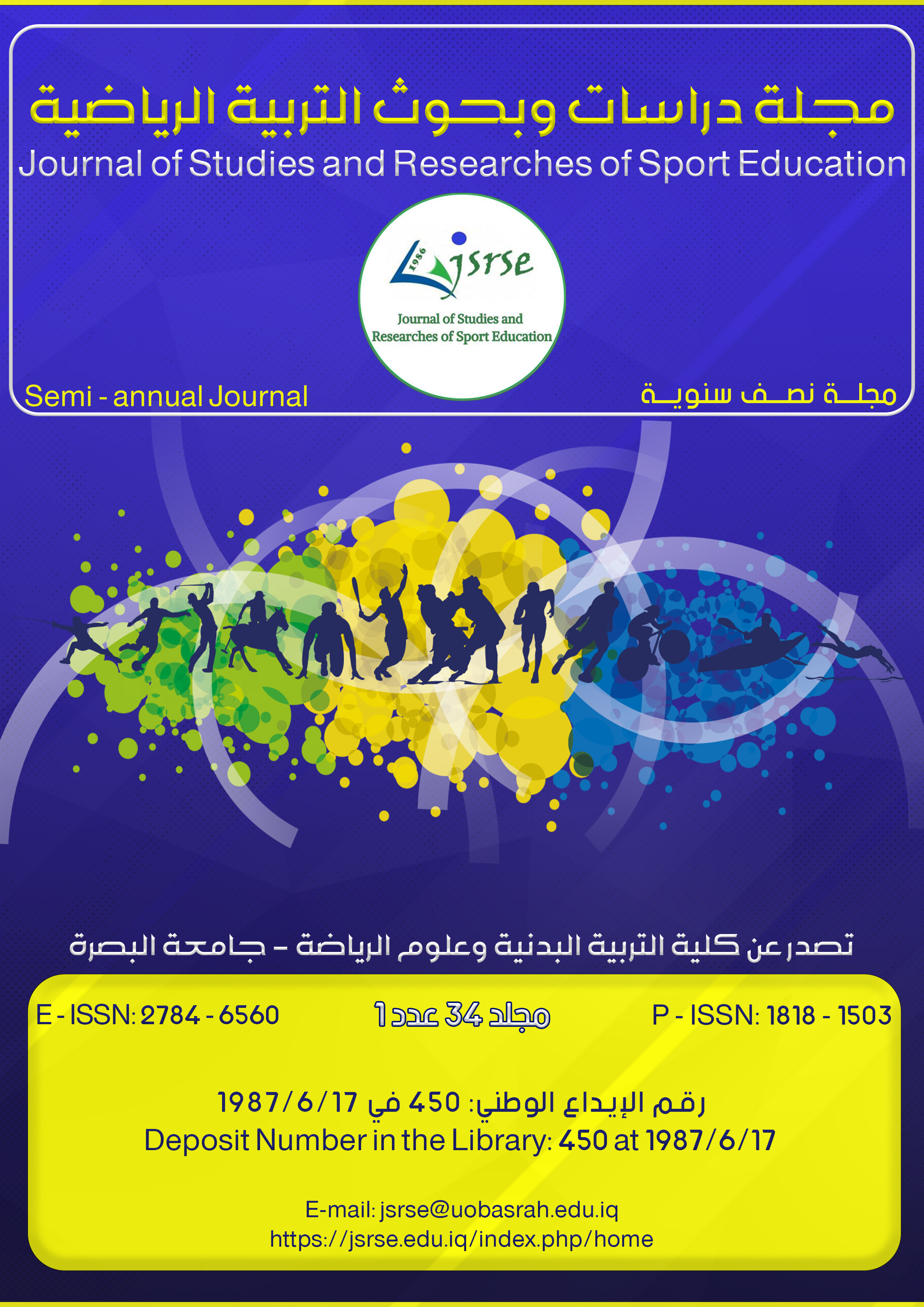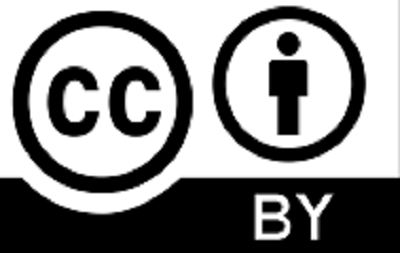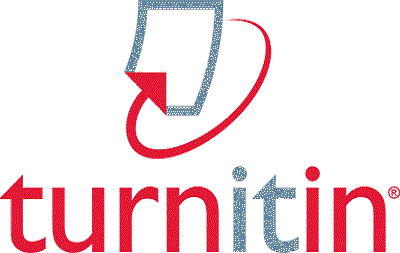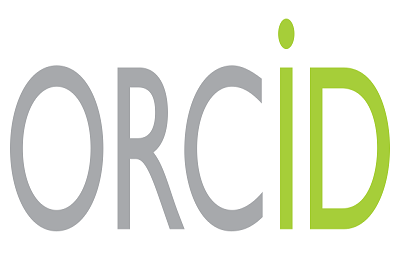The self-efficacy of physical education teachers in classroom management and its relationship to the regulated behavioral patterns of students during the sports lesson from their point of view
Main Article Content
Abstract
The research aimed to: - Prepare two scales, one of which measures the self-efficacy of physical education teachers in Babylon Governorate to manage sports classes, and the other measures the organized behavioral patterns of middle school students in Babylon Governorate, and both scales are measured from the point of view of middle school students in Babylon Governorate. - Identifying The level of self-efficacy of physical education teachers in managing their classes from the point of view of middle school students in Babylon Governorate.
The method used in the research is the descriptive method with both survey and correlational methods. The research population is defined by middle school students in Babylon Governorate. The researcher chose that the population in this research be composed of middle school students in Babylon Governorate for the academic year (2022-2023), while the main research sample consisted of ( 381 middle school students in Babil Governorate who were randomly selected from the research community. To obtain data, the researcher prepared two scales, the first to measure self-efficacy in classroom management, which consists of (14) items, and the second to measure organized behavioral patterns, which consists of (13). paragraph, and the researcher concluded: Physical education teachers in middle schools in Babil Governorate have a low level of self-efficacy in managing sports class from the point of view of their students. - Preparatory school students in Babylon Governorate have a low level of organized behavioral patterns from their personal point of view. The researcher recommended: - Educational bodies affiliated with the Ministry of Education should provide training programs for physical education teachers.
Article Details

This work is licensed under a Creative Commons Attribution-NonCommercial 4.0 International License.
References
Adjei, E., Nyamekye, F., Britwum, F., & Donkor, I. T. (2021). Relationship between teacherandrsquo;s self-efficacy and classroom management practices in the Kwahu West Junior High School. International Journal of Humanities and Education Research, 3(2), 9–15. https://doi.org/10.33545/26649799.2021.v3.i2a.32
Aldewan, L. H. , & Muhammad, R. (2011). Measuring some General Thinking Patterns of Five-a-side Woman Players in West Asia championship. Journal of Studies and Researches of Sport Education, 29, 9–25. https://www.iasj.net/iasj/article/51787
Al-Diwan, L. H., Mithaq Ghazi, & Abdel Qader, A. (2007). Evaluating practical education for fourth-year students in the College of Physical Education University of Basra from the students’ point of view. Journal of Studies and Researches of Sport Education, 20, 5–25. https://www.iasj.net/iasj/article/53803
Bernardo, A., Esteban, M., Cervero, A., Cerezo, R., & Herrero, F. J. (2019). The Influence of Self-Regulation Behaviors on University Students’ Intentions of Persistance. Frontiers in Psychology, 10(October), 1–8. https://doi.org/10.3389/fpsyg.2019.02284
Hamed, N., & Ahmed, A. (2023). Perceived Self-Efficacy and Its Relationship to Dexterous Thinking Among Third-Stage Female Students in the College of Physical Education and Sports Sciences-University of Basra Journal of Studies and Researches of Sport Education. Journal of Studies and Researches of Sport Education, 33(1), 2023. https://doi.org/10.55998/jsrse.v33i1.376©Authors
Holzberger, D., & Prestele, E. (2021). Teacher self-efficacy and self-reported cognitive activation and classroom management: A multilevel perspective on the role of school characteristics. Learning and Instruction, 76(June), 101513. https://doi.org/10.1016/j.learninstruc.2021.101513
Kia, F. S., Teasley, S. D., Hatala, M., Karabenick, S. A., & Kay, M. (2020). How patterns of students dashboard use are related to their achievement and self-regulatory engagement. Proceedings of the Tenth International Conference on Learning Analytics & Knowledge, 340–349. https://doi.org/10.1145/3375462.3375472
Lazarides, R., Watt, H. M. G., & Richardson, P. W. (2020). Teachers’ classroom management self-efficacy, perceived classroom management and teaching contexts from beginning until mid-career. Learning and Instruction, 69(March 2019), 101346. https://doi.org/10.1016/j.learninstruc.2020.101346
Mahmoodi, M. H., Hosseiniyar, S., & Samoudi, N. (2022). EFL Teachers’ Classroom Management Orientation, Self-Efficacy, Burnout, and Students’ L2 Achievement. Profile: Issues in Teachers’ Professional Development, 24(1), 29–44. https://doi.org/10.15446/profile.v24n1.91153
Mitchell, M. (2019). Teacher Self-Efficacy and Classroom Managment Michelle. Walden University.
Mohd Talib, N. I., Abd Majid, N. A., & Sahran, S. (2023). Identification of Student Behavioral Patterns in Higher Education Using K-Means Clustering and Support Vector Machine. Applied Sciences (Switzerland), 13(5). https://doi.org/10.3390/app13053267
Musa, W. I., & Hussein, M. A.-W. (2019). The perceived level of academic self-efficacy among supervisors and supervisors Physical education specialization in Iraq. Journal of Studies and Researches of Sport Education, 29(4), 119–140. https://jsrse.edu.iq/index.php/home/article/view/215
Sabourin, J., Mott, B., & Lester, J. (2013). Discovering behavior patterns of self-regulated learners in an inquiry-based learning environment. Lecture Notes in Computer Science (Including Subseries Lecture Notes in Artificial Intelligence and Lecture Notes in Bioinformatics), 7926 LNAI(October 2014), 209–218. https://doi.org/10.1007/978-3-642-39112-5_22
Slater, E. V., & Main, S. (2020). A measure of classroom management: validation of a pre-service teacher self-efficacy scale. Journal of Education for Teaching, 46(5), 616–630. https://doi.org/10.1080/02607476.2020.1770579
Van Halem, N., Van Klaveren, C., Drachsler, H., Schmitz, M., & Cornelisz, I. (2020). Tracking patterns in self-regulated learning using students’ self- reports and online trace data. Frontline Learning Research, 8(3), 140–163. https://doi.org/10.14786/flr.v8i3.497
Ye, Z., Jiang, L., Li, Y., Wang, Z., Zhang, G., & Chen, H. (2022). Analysis of Differences in Self-Regulated Learning Behavior Patterns of Online Learners. Electronics (Switzerland), 11(23), 1–14. https://doi.org/10.3390/electronics11234013
Zheng, L., & Yu, J. (2016). Exploring the behavioral patterns of Co-regulation in mobile computer-supported collaborative learning. Smart Learning Environments, 3(1). https://doi.org/10.1186/s40561-016-0024-4
Zheng, L., Zhong, L., & Niu, J. (2022). Effects of personalised feedback approach on knowledge building, emotions, co-regulated behavioural patterns and cognitive load in online collaborative learning. Assessment and Evaluation in Higher Education, 47(1), 109–125. https://doi.org/10.1080/02602938.2021.1883549





 IASJ
IASJ CC-BY-4.0
CC-BY-4.0 turnitin
turnitin ISSN
ISSN DOAJ
DOAJ Crossref
Crossref GoogleScholar
GoogleScholar Orcid
Orcid